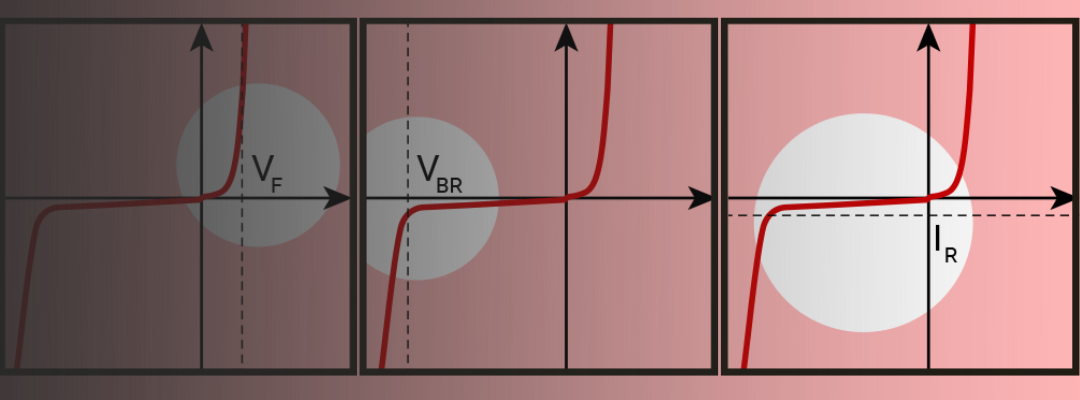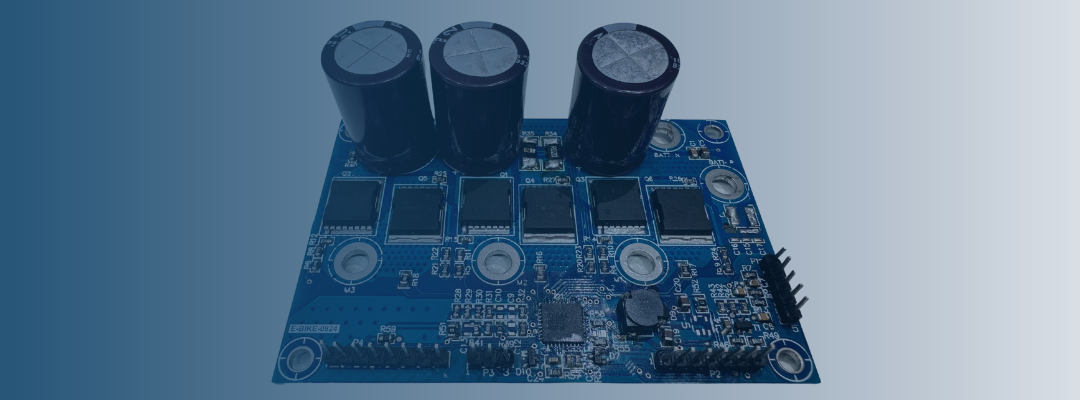Get Design Considerations from MCC’s Experts in Our Informative Webinar
Heat dissipation is critical to circuit design, primarily in PCB layouts. Power semiconductors, packages, and PCBs must be designed to work together with optimized heat dissipation without sacrificing power output or performance due to frequent switching/cycling.
As the demand for smaller, more powerful devices increases, engineers must carefully consider heat dissipation techniques to ensure safe, reliable performance at the product’s ambient temperature range.
Fortunately, there are some tools and methods engineers can use to ensure their designs implement proper heat dissipation techniques and are suitable for the operating conditions and application.
In this pre-recorded webinar, our experts will cover design considerations and best practices for heat dissipation, including:
Thermal modeling & simulations
Discover how heat is transferred from one system to another, including conduction, convection, and radiation.
Walk through five examples of how to calculate junction temperature:
- Power switch without a heat sink
- Power switch with heat sink - natural cooling
- Power switch with heat sink - fan cooling
- Power switch with a single pulse
- Power switch with a train pulse
Uncover which metrics on MCC’s product datasheets relate to thermal aspects and how to apply them in running simulations.
Heat sinks & thermal interface material (TIM)
Learn why thermal interface material is essential in heat dissipation for specific designs, plus which types of products are best suited for which applications:
- Graphite pad and films
- Thermal grease
- Gap fillers
- Phase change materials
- Tapes
Device thermal performance analysis
See how to leverage Foster and Cauer Thermal Models, then apply these analyses to actual products to reduce the number of tedious manual calculations required to find your ideal design.
View how various devices are measured using the Thermal Impedance Curve, including:
- Single pulse
- Pulse train with DC of 0.5
- Pulse train with DC of 0.1
Effectively handling heat generated during the operation of electronics is essential for safety and performance.
This insight-packed webinar can help you determine which TIM to use and how to measure thermal resistance to inform your ideal product design.
Watch the pre-recorded webinar now.
As design trends and challenges evolve, MCC will remain your total solutions partner, delivering insights and innovative products to help you win.
Use the MCC website chatbot to contact our knowledgeable team for help with heat dissipation or any issues you may face when designing your products.
.png?width=50&height=50&name=mcc%20150x150%20(1).png)



